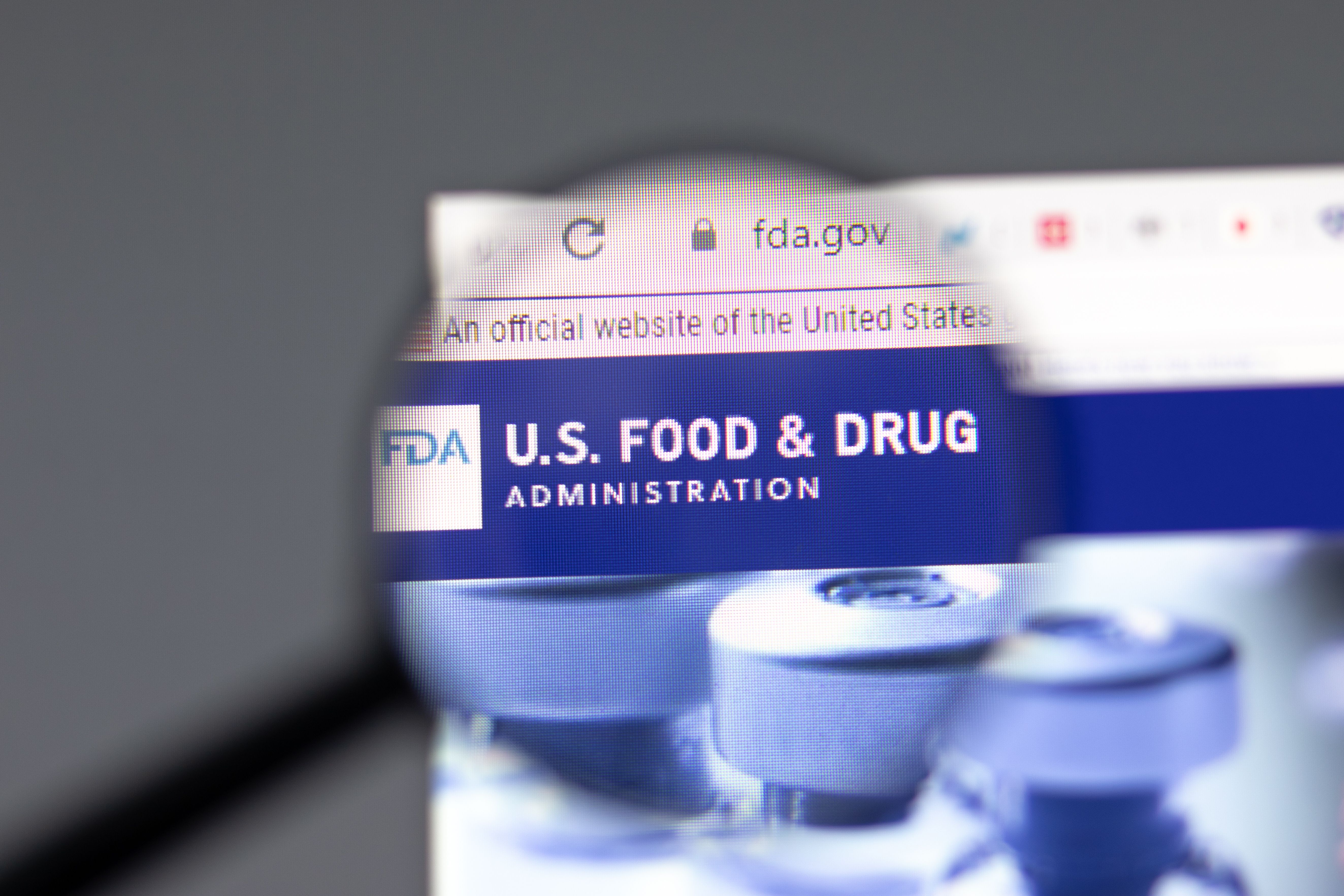- Center on Health Equity & Access
- Clinical
- Health Care Cost
- Health Care Delivery
- Insurance
- Policy
- Technology
- Value-Based Care
FDA Approves Selumetinib for Children With NF1 and Inoperable Tumors
FDA expands selumetinib approval to younger children with NF1-related tumors.
Today, the FDA approved selumetinib (Koselugo; AstraZeneca) in both granule and capsule forms for pediatric patients as young as 1 year old with neurofibromatosis type 1 (NF1) and symptomatic, inoperable plexiform neurofibromas. This marks an extension of the drug’s prior approval, which was limited to children 2 years and older, broadening treatment access for younger patients facing this rare and challenging condition.

Preclinical research has established that loss of neurofibromin in NF1 activates the RAS/MEK/ERK signaling pathway, driving tumor cell proliferation and growth.2 By blocking MEK, selumetinib directly targets this pathway, slowing or halting tumor progression in patients with NF1-associated plexiform neurofibromas. The clinical availability of a MEK inhibitor has transformed the treatment landscape, giving physicians a nonsurgical option to address a previously untreatable condition. With selumetinib, clinicians can intervene earlier in the disease course to reduce tumor burden, manage debilitating symptoms, and improve long-term outcomes and quality of life for children living with NF1.
On April 10, 2020, the FDA granted its first approval of selumetinib for pediatric patients 2 years and older with NF1 and symptomatic, inoperable plexiform neurofibromas, marking the first therapy available for this rare and debilitating disease.3 The approval was based on results from the National Cancer Institute (NCI)–sponsored SPRINT (NCT01362803) trial, which demonstrated a 66% overall response rate (n = 33; 95% CI, 51%-79%) by NCI assessment, with most responses durable for at least 12 months.
Patients experienced improvements in morbidities such as disfigurement, motor dysfunction, pain, and airway or visual impairment. Safety findings were consistent with the drug’s kinase inhibitor mechanism, with common adverse effects including gastrointestinal and skin toxicities, as well as risks of cardiomyopathy and ocular complications.
The FDA’s new approval of selumetinib extends use of the therapy to children as young as 1 year old with NF1 and symptomatic, inoperable plexiform neurofibromas, supported by bridging data between capsule and oral granule formulations.1 Results from a bioavailability study in healthy adults and exposure matching across the SPRINT and SPRINKLE (NCT05309668) trials confirmed comparable drug exposure, allowing efficacy data from older patients to be extrapolated to younger children.
Updated prescribing information includes expanded safety data, reaffirming known risks such as cardiomyopathy, ocular and gastrointestinal toxicities, skin reactions, and increased bleeding risk, though no new safety signals were observed. The recommended dose remains 25 mg/m2 twice daily, continued until disease progression or unacceptable toxicity.
References
1. FDA approves selumetinib for pediatric patients 1 year of age and older with neurofibromatosis type 1 with symptomatic, inoperable plexiform neurofibromas. FDA. September 10, 2025. Accessed September 10, 2025. https://www.fda.gov/drugs/resources-information-approved-drugs/fda-approves-selumetinib-pediatric-patients-1-year-age-and-older-neurofibromatosis-type-1
2. Haumschild R, Lobbous M, Chow L, et al. Selumetinib as a therapeutic option for NF1-PN. AJMC®. June 6, 2025. Accessed September 10, 2025. https://www.ajmc.com/view/selumetinib-as-a-therapeutic-option-for-nf1-pn
3. FDA approves selumetinib for neurofibromatosis type 1 with symptomatic, inoperable plexiform neurofibromas. FDA. April 13, 2020. Accessed September 10, 2025. https://www.fda.gov/drugs/resources-information-approved-drugs/fda-approves-selumetinib-neurofibromatosis-type-1-symptomatic-inoperable-plexiform-neurofibromas
